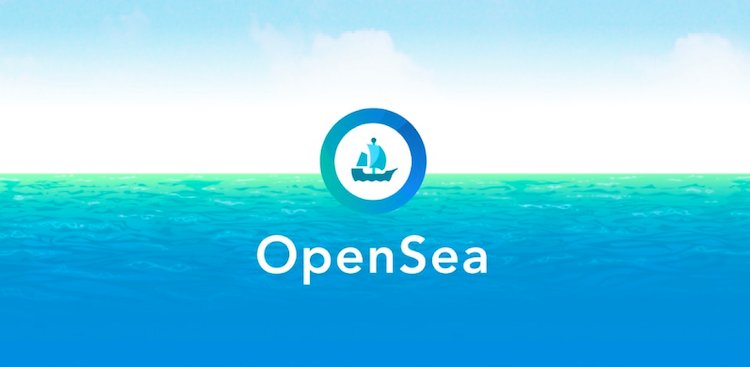
OpenSea, one of the biggest marketplaces for NFTs, has announced that it is banning digital artists based in countries sanctioned by the US. The news arose late in December after the Cuba-based artist initiative – NFTcuba.ART – tweeted that OpenSea disabled its profile.
NFTcuba.ART has stated that, while this has impacted upon local Cubans, it has had knock-on effects for other nationalities that now have to suffer as part of the US’ sanctions.
On the subject, OpenSea stated that this was to comply with American sanctions law – which can be very heavy-handed on companies that are found to be skirting them.
What’s more, sanctions are more than just a federal policy. Instead, they are a range of presidential orders, and federal regulations enshrined in federal codes. Of course, this complicates them, especially since Cuba has been on the sanctions list since Castro first seized power in the 60s.
While OpenSea has stated that this move was to ensure compliance, Cuban artists have stated that they were never told why their accounts were removed. Confusing still, is the fact that Cuban expatriates – like the founder of NFTCuba.ART, and many of the artists who use the platform – were subjected to these bans.
The United States has a range of sanctions levied against Cuba, Iran, North Korea, Syria and the Russian Federation – the latter of which has been subject to even more over 2022 due to the ongoing Ukrainian invasion.








